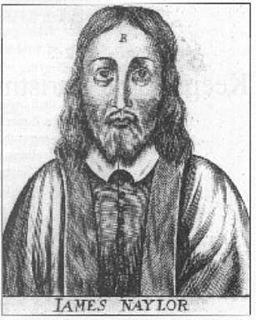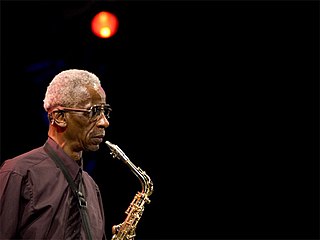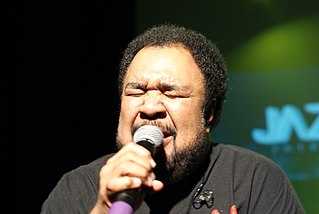A Quote by Ralph Waldo Emerson
A wise writer will feel that the ends of study and composition are best answered by announcing undiscovered regions of thought, and so communicating, through hope, new activity to the torpid spirit.
Related Quotes
I never considered myself a writer. I'm a teacher. In a way, I feel kind of... kind of guilty for all the people who are writers who hope to be on the best-seller list someday, who live for that and don't get it, and it came to me as a kind of free gift, like God coming to Abraham and announcing, 'I've chosen you!'
But the writer who endures and keeps working will finally know that writing the book was something hard and glorious, for at the desk a writer must try to be free of prejudice, meanness of spirit, pettiness, and hatred; strive to be a better human being than the writer normally is, and to do this through concentration on a single word, and then another, and another. This is splendid work, as worthy and demanding as any, and the will and resilience to do it are good for the writer's soul.
Wherefore give all diligence to the Spirit's motion and leadings, what it moves against, and what it leads to; for now will God make all things new: A new creation, new heavens, and new earth, and new heart and mind, and a new law, a new man to walk therein with his Maker with cheerfulness, and the old bonds are broken by the Spirit's leading, and to serve in newness of spirit.
The study of letters is the study of the operation of human force, of human freedom and activity; the study of nature is the study of the operation of non-human forces, of human limitation and passivity. The contemplation of human force and activity tends naturally to heighten our own force and activity; the contemplation of human limits and passivity tends rather to check it. Therefore the men who have had the humanistic training have played, and yet play, so prominent a part in human affairs, in spite of their prodigious ignorance of the universe.
The duende....Where is the duende? Through the empty archway a wind of the spirit enters, blowing insistently over the heads of the dead, in search of new landscapes and unknown accents: a wind with the odour of a child's saliva, crushed grass, and medusa's veil, announcing the endless baptism of freshly created things.
We may hope that machines will eventually compete with men in all purely intellectual fields. But which are the best ones to start with? Many people think that a very abstract activity, like the playing of chess, would be best. It can also be maintained that it is best to provide the machine with the best sense organs that money can buy, and then teach it to understand and speak English.
Composition is a side issue. Its role in my selection of photographs is a negative one at best. By which I mean that the fascination of a photograph is not in its eccentric composition but in what it has to say: its information content. And, on the other hand, composition always also has its own fortuitous rightness.
If we think of the Holy Spirit only as an impersonal power or influence, then our thought will constantly be, how can I get hold of and use the Holy Spirit; but if we think of Him in the biblical way as a divine Person, infinitely wise, infinitely holy, infinitely tender, then our thought will constantly be, 'How can the Holy Spirit get hold of and use me?'
I am one who has always been interested only in the edges of the body and the spirit, the outlying regions of the body and the outlying regions of the spirit. The depths hold no interest for me; I leave them to others, for they are shallow, commonplace. What is there, then, at the outer most edge? Nothing, perhaps, save a few ribbons, dangling down into the void.










































